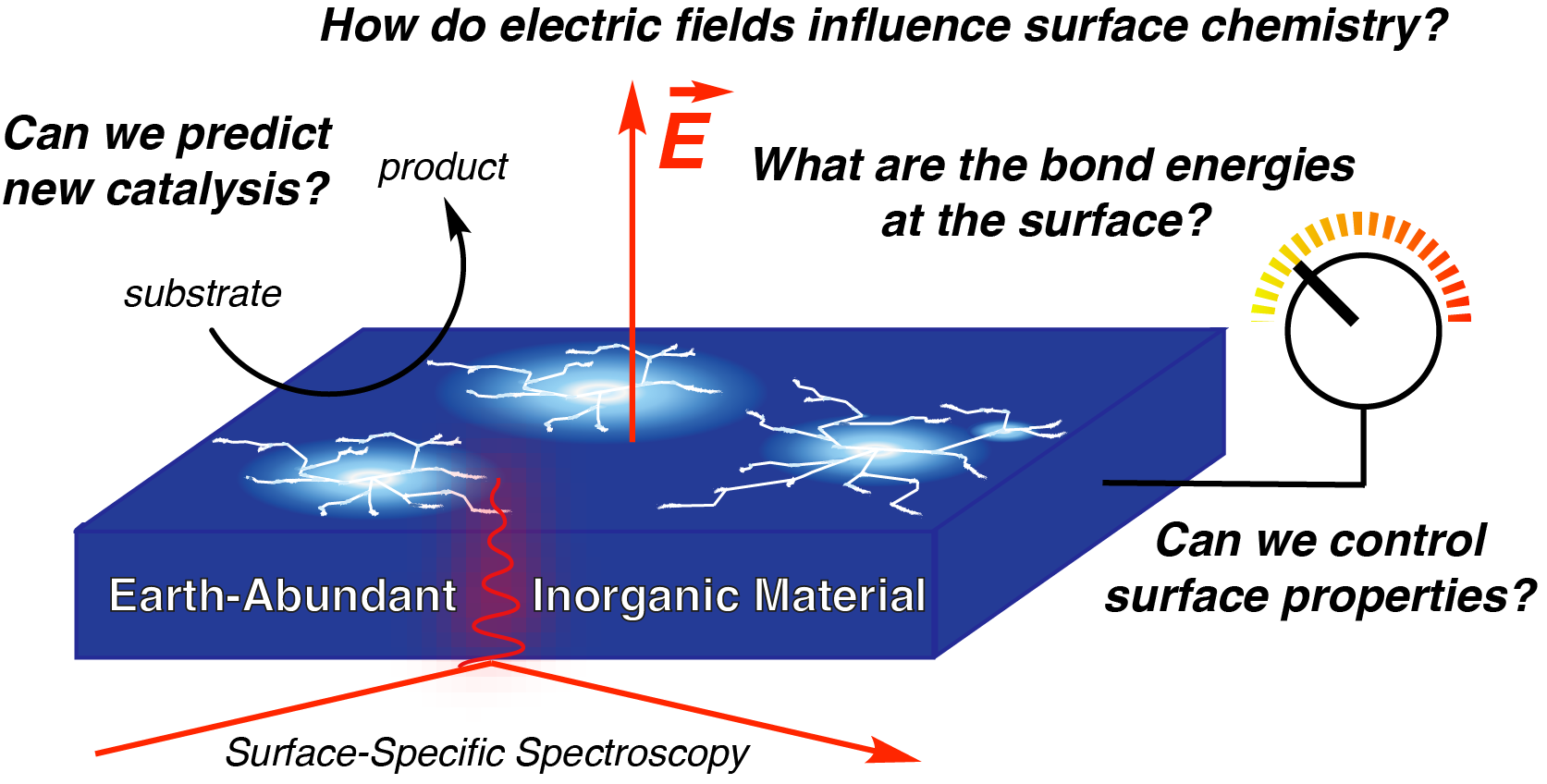Catalysis by Inorganic Materials: Control at the Surface by Tailored Interfaces and Electric Fields
Heterogeneous catalysis is essential to most industrial chemical processes. However, these processes are often not efficient or selective enough, and typically use rare and expensive noble metals as catalysts. Improving the sustainability of current processes will rely on the development of new control elements and of abundant materials as catalysts. Earth-abundant transition metal phosphides and sulfides have recently emerged as promising materials in some catalytic applications, such as hydrotreating and water splitting.[1-4] This highlights the catalytic potential of transition metal phosphides and sulfides, but this potential has not been exploited much yet. New discoveries are hampered by a limited understanding of the interfacial chemistry that governs catalytic properties. This talk will discuss our current efforts in expanding the catalytic universe of transition metal phosphides and sulfides through a fundamental understanding of their surface chemistry, and our recent results of tuning the catalytic properties of inorganic materials by chemical surface modification and interfacial electric fields.

[1] Yanmei Shi, Bin Zhang, Chemical Society Reviews, 2016, 45, 1529.
[2] S. Ted Oyama, Travis Gott, Haiyan Zhao, Yong-Kul Lee, Catalysis Today, 2009, 143, 94.
[3] Russell R. Chianelli, Gilles Berhault, Brenda Torres, Catalysis Today, 2009, 147, 275.
[4] Carlos G. Morales-Guio, Lucas-Alexandre Stern, Xile Hu, Chemical Society Reviews, 2014, 43, 6555.